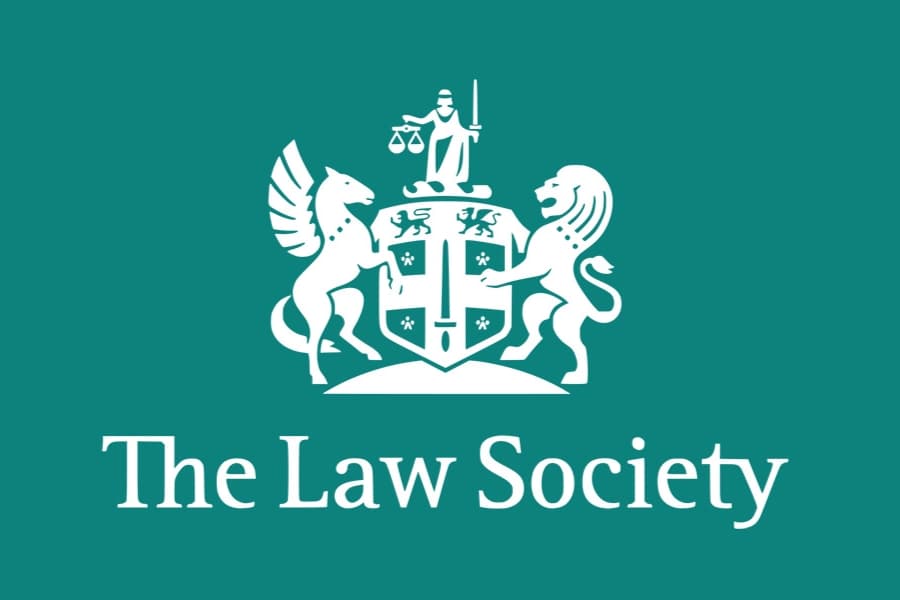In advance of the Legal Service Board intention to scrutinise customer review websites the Law Society has conducted its own research into the broader impact of the sale of legal services online particularly via third party marketing organisations. Despite its 52 pages it is a good piece of work and well worth reading if you have finished your CQS applications, implemented your new OFR policies and have had any time to do some legal work.
The Law Society report considers the impact of electronic markets, online pricing, the relationship between fixed fees and complex legal advice and the relationship between price and quality of work. The report is a mixture of considerable academic research and references to other markets and well considered expert reviews and a series of case studies on ten sites like www.takelegaladvice.com , www.firstlaw.co.uk ,www.wigster.com and www.compareconveyancers.co.uk.
The paper predicts that consumers will find it increasingly difficult to judge between legal comparison sites because of the sheer number of them and no single trusted supplier of data but unless firms are able to differentiate their service from their price consumers will be left with price as the only comparison factor. This conclusion wont surpise conveyancers. Internet pricing is most often about price and when you sell your services through an internet marketing business like Wigster is invariably always about price. Even with twitter, facebook and social media interactions with consumers it is hard to demonstrate your quality to an online purchaser.
Whilst the paper considers a lot of academic work into why consumers act in certain ways it doesn’t recognise some of the dilemmas that online marketing presents conveyancers.
I believe that there are two key areas the paper could have considered in greater depth:-
1) Some comparison sites make it difficult to determine whether they are regulated solicitors or legal distribution sites. Often legal comparision sites have no contact names, ownership details, data protection registration numbers etc therefore the work of lawyers can be devalued by properly regulated lawyers selling their services knowingly or unknowingly through sites that purposefully mislead consumers as to their ownership and status as a middleman.
2) Rather than provide price transparency the internet has encouraged cheap headline prices for conveyancing with lots of hidden charges that are not disclosed at the outset to consumers. One site I was looking at the other day charged £30 for postage as a disbursement in a conveyancing quote. Consumers can’t easily compare conveyancers on price because many providers like to have standard add in costs to increase revenue per case behind a low headline price. If other areas of legal work were to go down this path the trust between consumers and professional will continue to be eroded.
The paper does however take a good look at future changes such as twitter, www.bid4fees.co.uk an online auction site for lawyers to bid for work, and the very new video chat system http://blog.minutebox.com/about .
The paper predicts that video and smart phone apps will be the way forward for 2012 we await look forward to 2012 with considerable excitement.
What will your firm be doing to embrace the trend towards online purchasing for legal services?




















